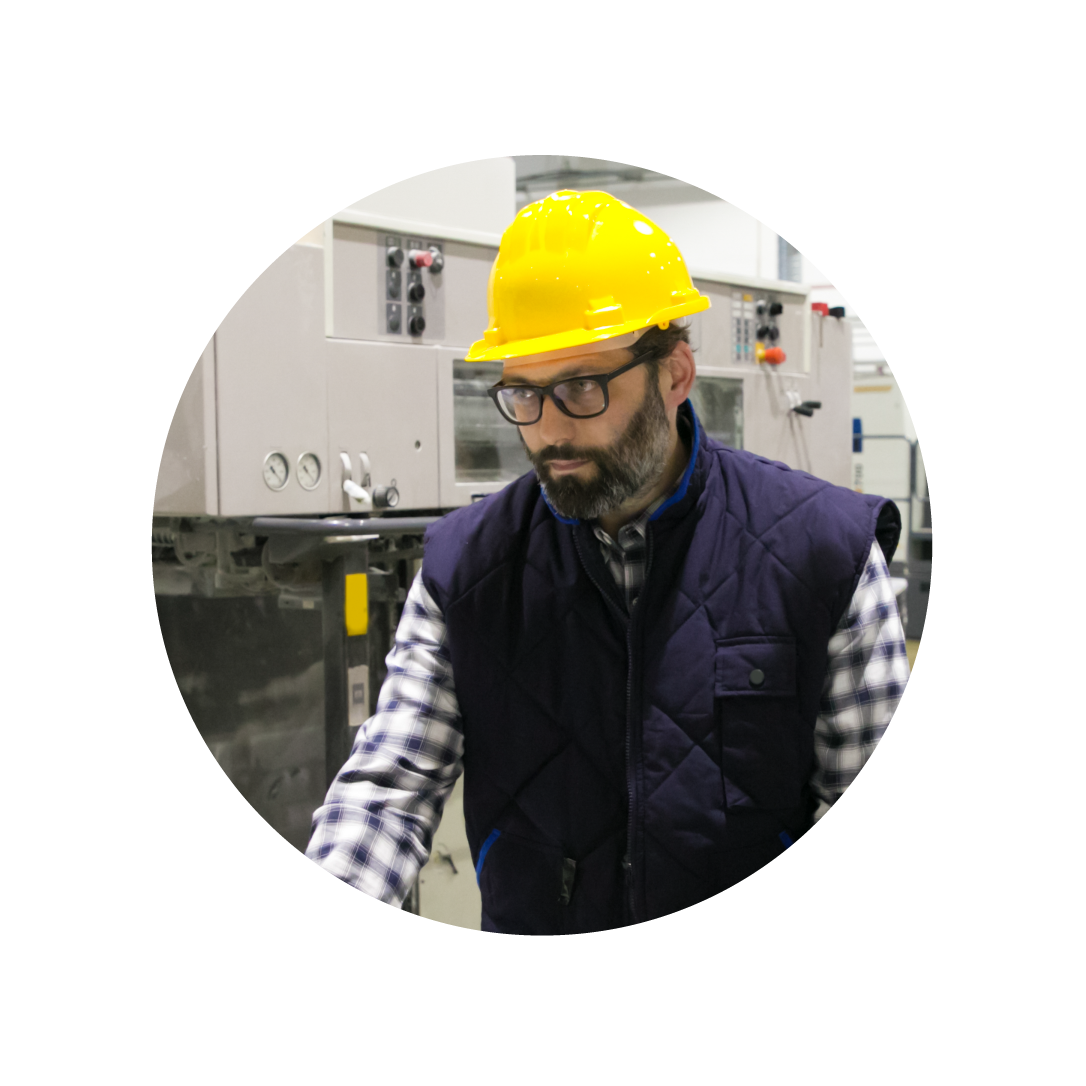EMPOWER YOUR RECOVERY BOILER OPERATORS TO MAKE CONFIDENT DECISIONS
The relationship between your operators and your recovery boilers has become one of the most consequential in your mill.
While safety’s always been top priority, increasingly specific KPIs mean you’re being measured on not just incidents, but near-misses, false alarms, and more. All while meeting more ambitious production goals AND running leaner.
When a leak-detection alarm activates,
what costs your operators the most time in decision-making?
what costs your operators the most time in decision-making?
![]()
SAFETY V. PRODUCTION
![]()
Your operators are caught between safety and production concerns every time a potential leak is detected. Do they initiate emergency shutdown procedures (ESPs), knowing the downtime could cost $10k/hour? Or bet on a minor leak or false alarm?
![]()
![]()
INPUT OVERLOAD
![]()
To try to make better decisions, more inputs, more instruments and more chemicals keep being added—meaning your operators have to decipher more sights, sounds and data points to reach a conclusion.
![]()
![]()
CONFIDENCE CRUNCH
![]()
There isn’t always a systematic way to simulate real leak scenarios, so there’s no confidence building over time. The result: over-reliance on chemicals and additional instruments, complicating decision-making and introducing points of failure.
![]()
When stakes are high and confidence is low, operators are prone to panic in stressful situations.

![]()
When stakes are high and confidence is low, operators are prone to panic in stressful situations.
Thinking more data would help, you may have invested in specialty instruments and chemicals to monitor operations. Some of your operators may have even concocted their own “homebrew” system.
But, all of these are limited in scope and require cleaning, ongoing calibration, and maintenance. And they’re still more inputs for operators to deal with. Ultimately, if these systems drift or fall into disuse, mills can be lulled into a false sense of security.

True or False
On average, a pulp and paper mill will experience one emergency shutdown procedure per every five operating years and one explosion per every 100 operating years.
![]()
TRUE
Repairing or replacing a boiler can be in the $50M-200M range. Boiler downtime can cost $10K/hour per machine. In the common offline span of 48 hours, that could mean a $500K impact to production.1

How do you empower operators to make the right decisions, fast?
Change your focus – from leak detection to leak dynamics. Many mills think about leak detection as a distinct moment in time; an alarm goes off and operators respond. But what you should be thinking is, “How do we make sense of various leak dynamics, as they’re happening?”
![]()
SAFETY WITH PURPOSE
Once you change thinking from detection to dynamics,
you’ll be able to…
you’ll be able to…
![]()
SAFETY WITH PURPOSE
Once you change thinking from detection to dynamics, you’ll be able to…
- Gather a wider set of boiler data that includes symptoms, locations, and recommended actions;
- Trade maintenance for mastery by eliminating extraneous sensors and chemicals and focusing more on your own equipment; and
- Empower operators to separate false alarms from real, so they can take confident action in leak scenarios.
When you do this, you’ll be more proactive about shutdowns, limiting repair costs and maintaining production. You’ll also run leaner with your own equipment, while reducing safety risks and avoiding catastrophic events.
What challenges are most acute for your operators today?

1. BLRBAC data
The Recovery Boiler Advisor (RBA) is a support tool for use and incorporation in your comprehensive recovery boiler monitoring program. The RBA is focused on providing the operators with additional information and monitoring which allows operators to make decisions based on data, experience and expertise. The operator, and not the RBA, must always be the final determining factor as to what type of intervention is required.